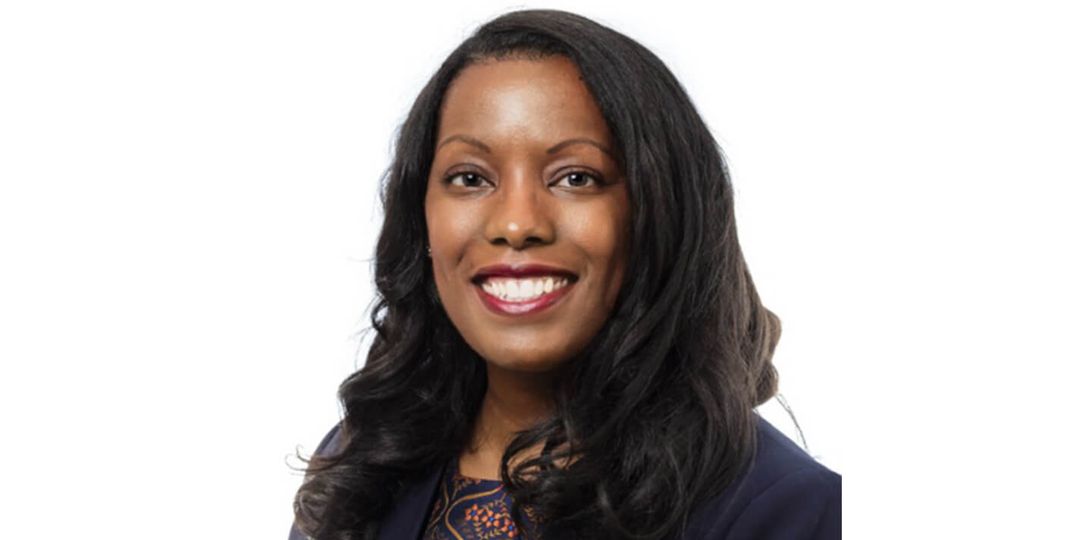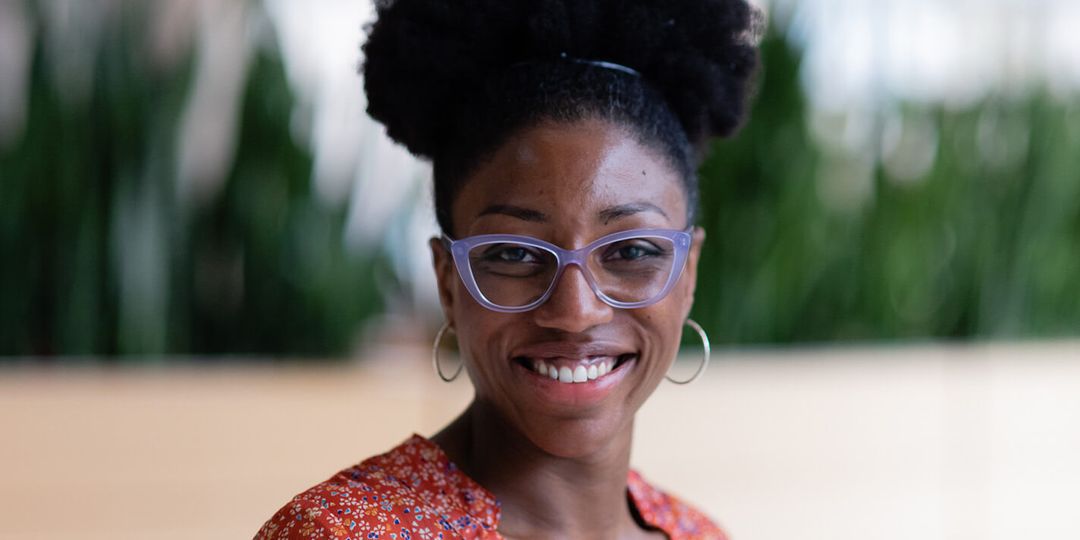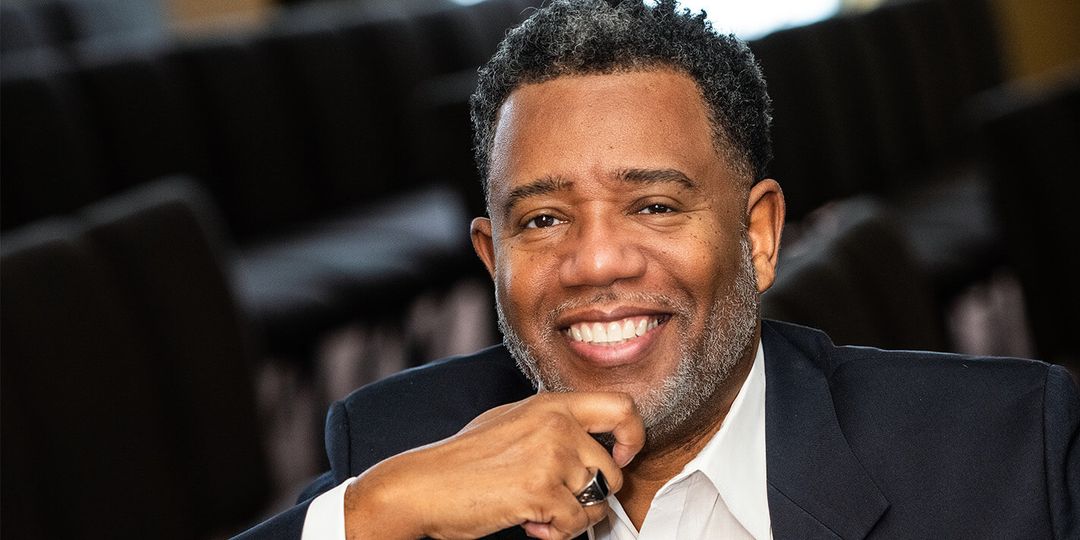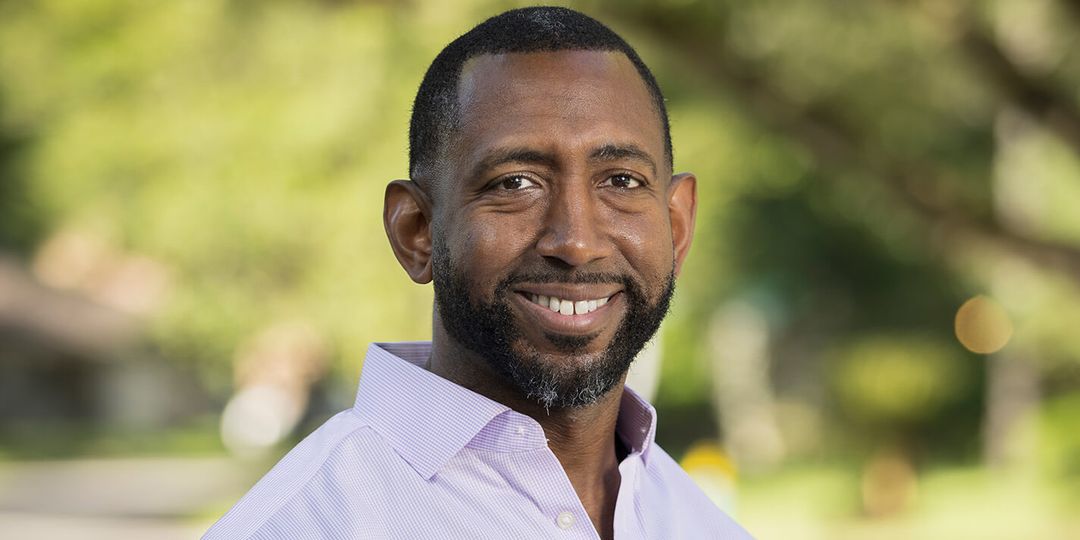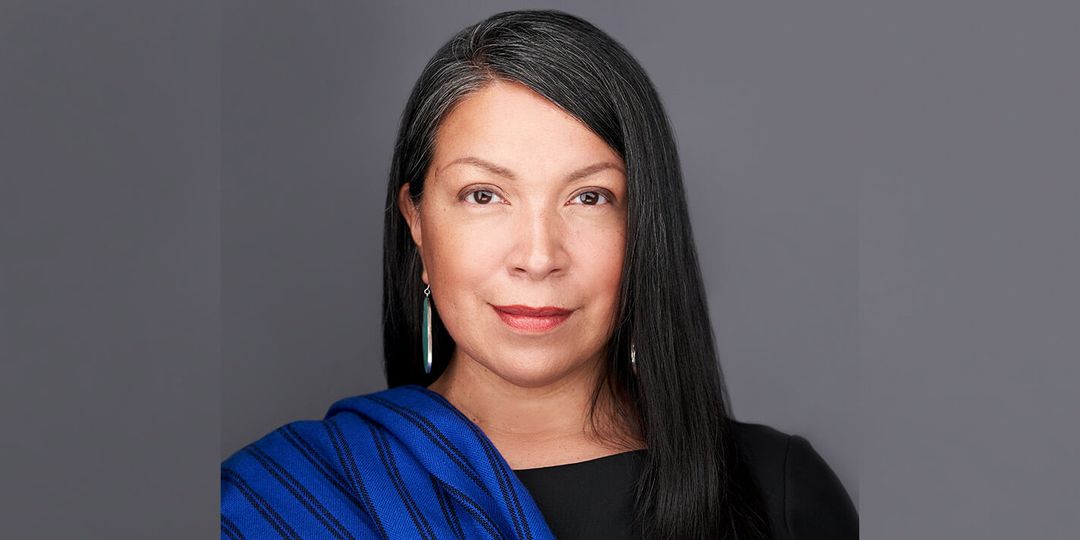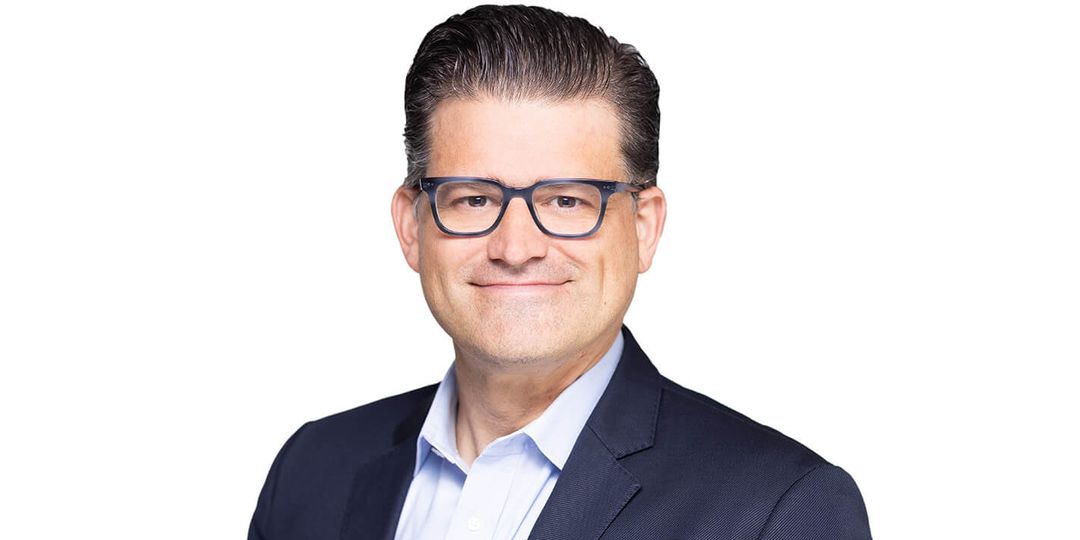UW Major: History
Chief Restoration Officer, Seven Acre Dairy Company
Cofounder, Sitka Salmon Shares
Instructor of Environmental Studies, Knox College
During Nicolaas Mink’s childhood in Miami, his parents often celebrated special occasions by going out to eat stone crabs. It was a tradition Mink didn’t think much about until his doctoral studies at UW–Madison, when, for a seminar paper, Mink wrote about the history and influence of Florida tourism on turning the once-overlooked crabs into a regional delicacy. In the process, he discovered a passion for understanding — and improving — relationships between humans and the natural world through the lens of food and sustainable food systems.
“The study of food was new when I was an undergrad and grad student at Madison,” Mink says. “The fun part was being able to work with world-class professors in history, landscape architecture, environmental studies, and political science to flesh out my inchoate ideas about food across disciplines and departments. These ideas continue to find their way into the businesses I’ve helped build and manage and the students I now teach at Knox College.”
After finishing his dissertation on the forgotten origins of American fast food, Mink moved to Sitka, Alaska, and got involved in salmon advocacy and policy. He met local fishermen who were struggling to uphold sustainable harvesting practices while having to compete against large commercial enterprises that prioritize volume over all else. With one of those fishermen, Mink cofounded Sitka Salmon Shares, which is now the biggest community-supported fishery in the country. Each month, Sitka Salmon customers receive a box of wild-caught seafood on their doorstep that meets quality standards far stricter than those imposed on fish sold in average grocery stores.
For a decade, Mink was wholly dedicated to building the company’s supply chain from scratch and establishing best practices to uphold Sitka’s social and environmental missions. But during the pandemic, he felt the pull to embark on a new project and started scouting sites around Wisconsin to open a pizza restaurant. During one paddling trip along the Sugar River in southwestern Wisconsin, he and Danika Laine ’02, MA’08, who is Mink’s business partner and wife, spotted an abandoned 19th-century creamery on the riverbank. To learn more about the building, they ventured into Paoli, a town 12 miles from Madison that in recent years has been steadily reinventing itself into a destination for artisanal food, drink, and other goods.
Mink spent hours talking with the building’s neighbors about the lives of the region’s dairy farmers, whose milk became sweet-cream butter and award-winning swiss cheese at the creamery. Its closure in 1980 after almost 100 years of operation coincided with the steep decline in family-owned farms across Wisconsin as decades of high interest rates on machinery, plunging land values, and low market prices for milk finally caught up with thousands of farmers across the Midwest.
Mink felt a calling to revive both the building and the memory of a quintessential regional lifeway. He asked, “Could we take these fading stories and disappearing memories, build a collective history, and use this building and its businesses to be the caretakers of this history?”
His answer is Seven Acre Dairy Company, which includes a farmstead restaurant, an upscale bar, a casual café, an eight-room inn, and an event space. There is also a micro-dairy that produces artisan butters and soft-serve ice cream, making Seven Acre one of the only sites in Wisconsin that has made dairy products in three separate centuries.
“I like to see the businesses that I’ve grown as public humanities projects that are deeply tied to the Wisconsin Idea,” Mink says. “Businesses are too often understood strictly for their economic function. To me, businesses are tools to explore who we are — our relationship to the natural world, to our past, and to the richness of culture.”

